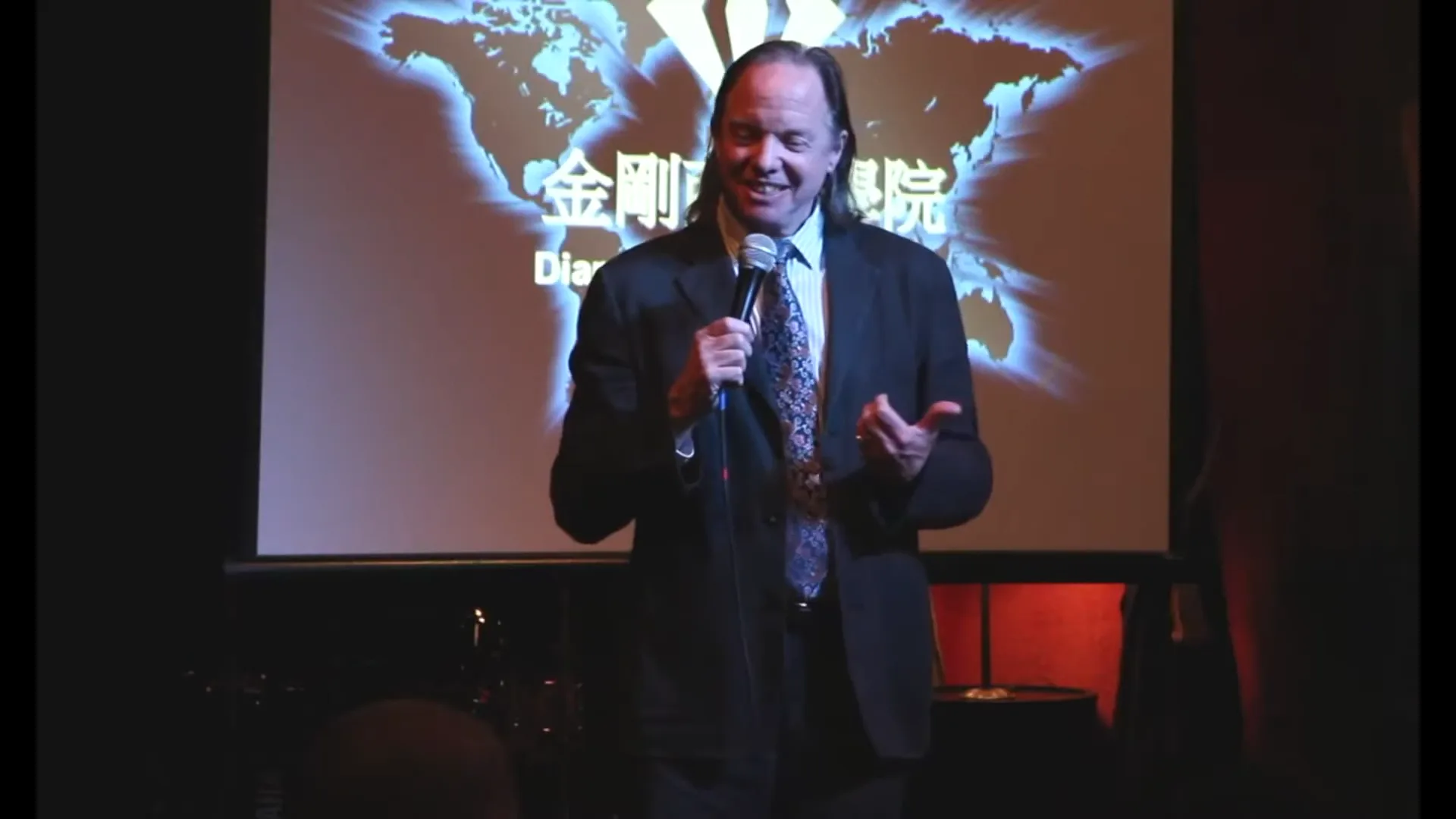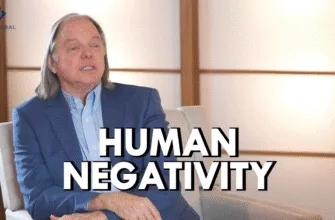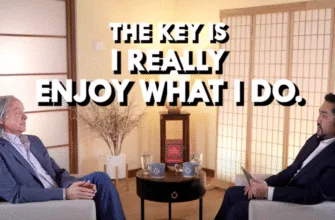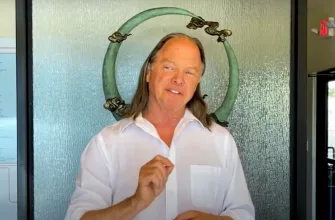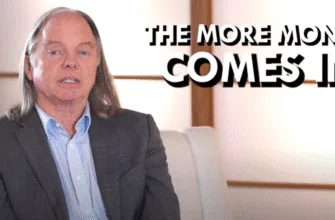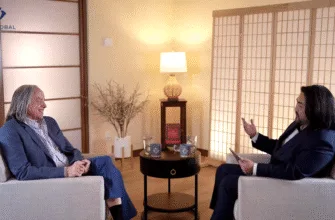- Intro to The Diamond Cutter: Two-Night Lectures by Geshe Michael Roach in Phoenix
- Three Universal Desires
- How to Plant Mental Seeds
- The Pen Analogy & Understanding Emptiness
- Planting Seeds to Transform the World
- Removing Negative Seeds
- FAQ / Key Moments
- Can I change my partner using mental seeds?
- Can I plant seeds for creativity?
- Can this system bring world peace?
- Conclusion
Intro to The Diamond Cutter: Two-Night Lectures by Geshe Michael Roach in Phoenix
In March 2013, Geshe Michael Roach gave a special two-night lecture in his hometown of Phoenix, Arizona, sharing profound teachings based on ancient principles of mental seeds. These principles, rooted in Tibetan wisdom, offer practical tools for achieving personal success and global peace. In this unique event, Geshe Michael addressed common human goals—financial independence, fulfilling relationships, health, creativity, and peace—and explained how all of them are attainable through the power of planting mental seeds.
Three Universal Desires
Geshe Michael emphasized that across all cultures, people share three main aspirations:
- Financial independence – not just wealth, but the freedom to pursue meaningful goals.
- Meaningful relationships – the desire to share one’s life with a loving partner.
- Youthful energy and creativity – the wish to maintain vitality and innovative spirit.
He illustrated how each of these can be achieved by planting mental seeds: helping others with similar goals, which in turn plants the seed for our own success.
How to Plant Mental Seeds
- Step 1: Decide what you want. Be clear about your goal.
- Step 2: Find someone with the same need. Help another person who desires the same result.
- Step 3: Make a plan and take real action. Set a time and place, such as a weekly meeting at Starbucks, to support this person.
- Step 4: Rejoice and reflect. At the end of the day, consciously remember the good deed you did and enjoy it mentally.
“You must take someone out to Starbucks. Nobody else can do it for you.” – Geshe Michael Roach (32:06)
The Pen Analogy & Understanding Emptiness
To explain the concept of emptiness in Buddhist philosophy, Geshe Michael used the example of a pen and a dog. A pen appears as a writing tool to a human, but as a chew toy to a dog. The object itself has no fixed identity—its meaning comes from the observer’s mind.
“If the pen were coming from the pen, the dog would see a pen. But it doesn’t.” – Geshe Michael Roach (13:11)
Planting Seeds to Transform the World
Beyond personal transformation, Geshe Michael asserted that the same principles could be used to transform society and the world. For example, planting seeds to help poor people could eliminate poverty. Helping others be successful can ensure success for your own country.
“Imagine a whole world where everyone believes the only way to get what they want is to supply it to someone else first.” – Geshe Michael Roach (1:30:04)
Removing Negative Seeds
Geshe Michael also shared a powerful method to deactivate harmful seeds planted in the past. This four-step practice, adapted from the Diamond Cutter Sutra, includes:
- Recognizing the mistake.
- Regretting it intelligently (not guilt, but the desire to improve).
- Making a commitment not to repeat the action.
- Doing something positive to counterbalance the harm.
When done correctly, this method can remove the power of old karmic seeds, replacing guilt with relief and joy.
“You feel like someone took a huge burden off you… and suddenly you feel joyful and happy and light in your life.” – Geshe Michael Roach (1:02:47)
FAQ / Key Moments
Can I change my partner using mental seeds?
Yes. If you plant seeds by helping others improve their relationships, your own partner will gradually change. (3:18)
Can I plant seeds for creativity?
Yes. Creative flashes and insights come from seeds in your mind. (21:06)
Can this system bring world peace?
Yes. Small acts of kindness can collectively eliminate violence. (46:32)
Conclusion
Geshe Michael Roach’s two-night lecture in Phoenix delivered a powerful and practical system for achieving personal happiness and collective well-being. By planting mental seeds, anyone can transform their life—and eventually, the entire world. The teaching ends with a call to action: to keep using and sharing this wisdom, so that a new, kinder world can arise.
